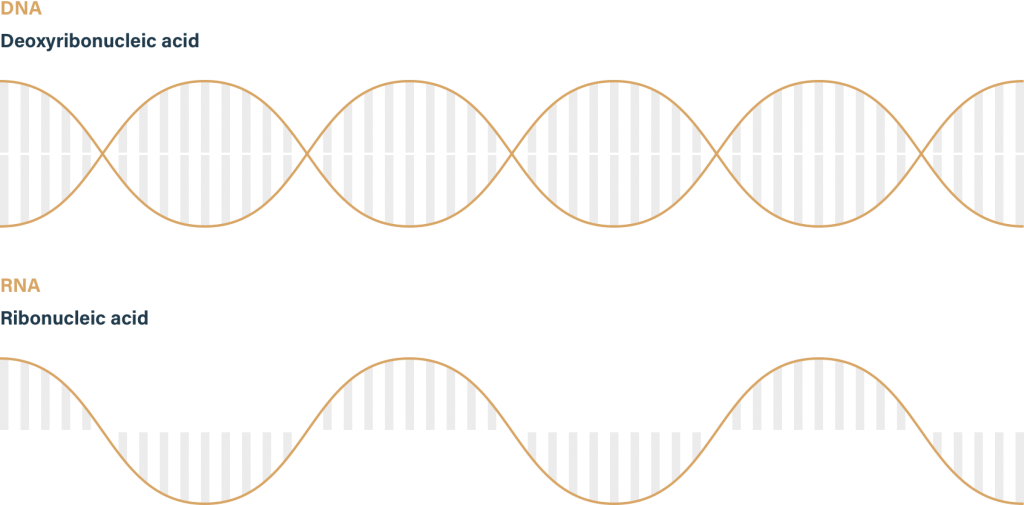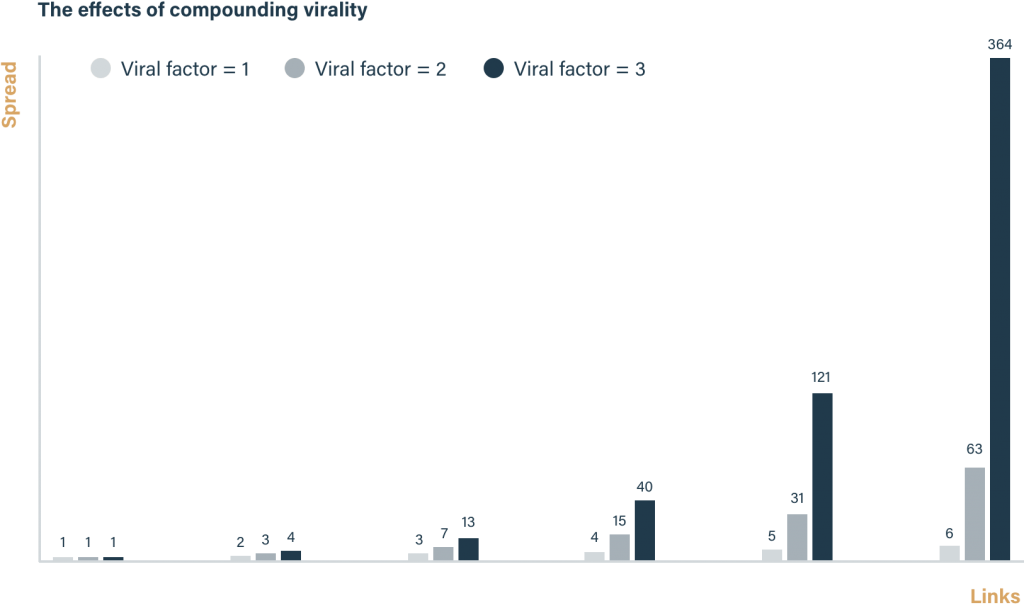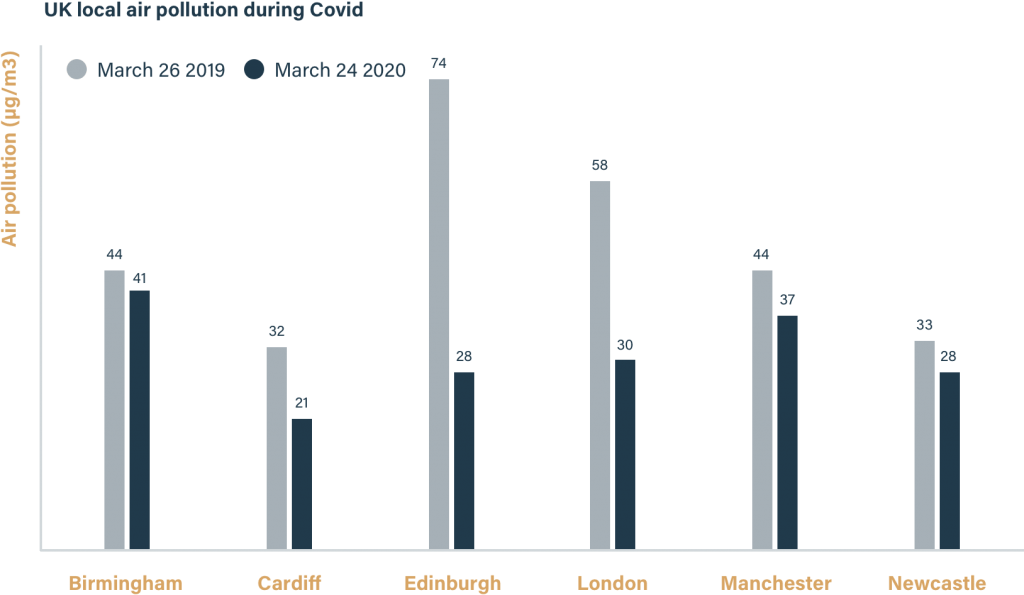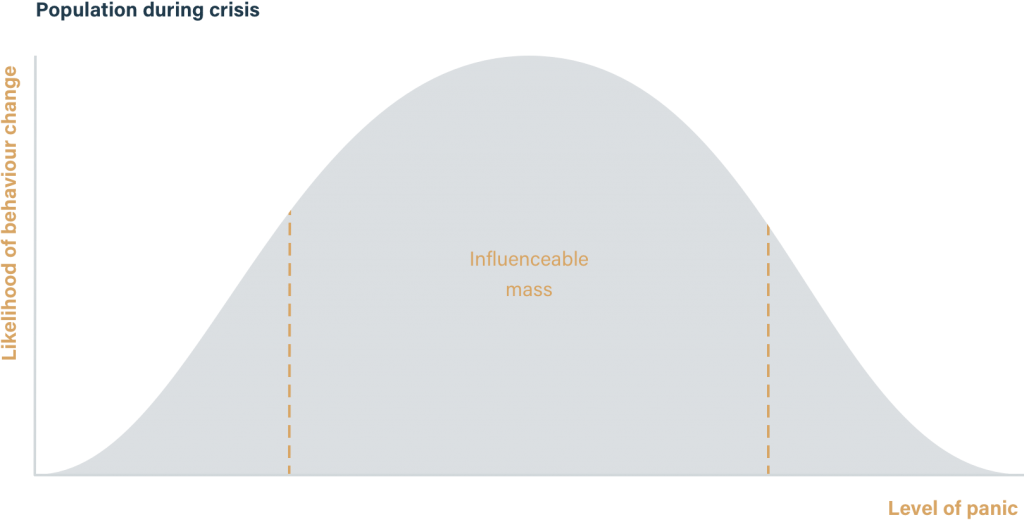Hugging from Distance
& other things Corona virus has taught me
Grief has become a much bigger part of our lives in recent weeks. There is of course the overwhelming, wretched grief of death most adults are unfortunate enough to know – as people die both directly and indirectly because of this virus that sweeps the world. But there is also a more subtle, surreal grief within the every-day. Grief for our way of life, beliefs we held as infallible and anticipatory grief, that for an uncertain future. You can see it in the stages of our reaction.
There’s denial, which we say a lot of early on: ‘This virus won’t affect us.’ There’s anger: ‘You’re making me stay home and taking away my activities.’ There’s bargaining: ‘Okay, if I social distance for two weeks everything will be better, right?’ There’s sadness: ‘I don’t know when this will end.’ And finally there’s acceptance. ‘This is happening; I have to figure out how to proceed.’
David Kessler, speaking to Harvard Business Review
The co-author of On Grief and Grieving, which established the five stages of grief into mainstream thinking, David Kessler’s most recent book proposes an additional, final stage to the process: meaning. What light and progress can come out of our acceptance? For me, the Corona pandemic and our current state of social isolation has provided a bottomless pool of inspiration for reflection. Scattered two meters apart across a new world, this is the ultimate stress test for the ways we look at the present and imagine the future. A fresh lens with which to look at life, work and love.
Here are the thoughts that, and the generous thinkers outlined at the end of this page, have inspired. My attempt at meaning.

1. Covid-19 is an RNA based virus. That means it doesn’t target the double stranded DNA, but it’s single stranded cousin used to transmit genetic information rather than store it long term. RNA is much less stable than DNA, so viruses based on it can collapse easily. And the Corona virus’s length is almost as long as a strand of RNA can be without collapsing. So it’s vulnerable. It has a feeble envelope of fat that it uses to sneak into cells and this envelope is destroyed by soap. When they tell us to wash our hands, this is largely why. I find imagining the fatty armour of this virus breaking down makes the whole process less tedious. Know your enemy.
2. RNA viruses are great mutators, but Corona is not nearly as well equipped for mutation as many of them. When viruses transmit they copy their genomes. Some, like the flu, can survive while copying very cack-handedly. They travel in Chinese whispers and mutate easily – that’s why there are so many strains of flu. Corona viruses contain a lot of complex information for RNA strains, so they have to copy carefully without errors or they are more likely to break down. For this reason, if we can develop a vaccine it could be more effective and long lasting – meaning that it requires less additional vaccinations – than those for the flu. That being said, it may still not be a silver bullet. Sources on how well vaccines are likely to cover the mutations of Corona virus differ and highlight that even science contains elements of art, narrative and hedge betting.

3. Times of crisis focus the collective voice. George Orwell wrote of a common enemy being used to oppress, but it can also empower. Political divisions now seem irrelevant. The spread of false information is falling. Trolls and pointless arguments online have seemingly vanished overnight. The internet seems to be course correcting towards the utopian ideals that were hijacked by corporations, bad actors and sheer boredom. People are rallying around truth and togetherness – it’s quite beautiful if you look carefully.
4. Over the past years and decades we’ve underestimated the power of local communities. In the city they’ve all but vanished. For all our technological prowess, the places that could react and organise most quickly to help their vulnerable were the villages and small towns. They dropped flyers through doors and communicated through grapevine chains while city-dwellers struggled to cut through the noise online.
5. The human brain is notoriously useless at grasping compounding effects. It’s why we struggle to save money or build healthy habits. By introducing social distancing, governments aim to reduce the viral factor from 3 to 1 (numbers vary by country). That means that for every person infected, they infect one other rather than three. This sounds like a third, but when extrapolated out through a chain of 5 links it’s the difference between 364 cases and 6. Get this number below 1 and the virus is dying off. I think about compounding effects constantly when studying the growth of digital products – in other circumstances the compounding effects of high virality make people billionaires. Yet these numbers have never felt as real to me as the difference between 364 and 6. Here’s what happens as you move that number…

6. This war of isolation is one our current society seems to have been building towards. We talk about it on Facebook and then go back to binge-watching Netflix and FaceTiming friends as we always have. We get up for a food delivery or to check the lobby for the toilet roll we ordered on Amazon Prime. Social interactions among young people have been steadily dropping since the smartphone gained mass-market popularity. We were made for this moment. The situation we’re in right now might be a glimpse into the future of the world we’ve been building. It’s up to us to decide how that makes us feel and what we want to do about it.
7. We talk and think about climate change on a grand, worldly scale. The ice caps and rainforests. The ozone layer. What seems to have been overlooked by most of us is our effects on the local climate. Where I live the canals are already cleaner. A naturalist I see on my morning dog walk told me that the birds over Tottenham Marshes are flocking completely differently. Air pollution has dropped rapidly. It may be in my mind, but the horizon looks clearer even here in Zone 3. Photos of Hong Kong show a city skyline more visible through its infamous smog.

8. The future generally draws in slowly. Almost unnoticeably so. As self-service checkouts and faraway scientific advances. We only tend to realise when we can look back and see the past. Again, it’s about the compounding effects of endless small changes. But sometimes seismic shifts happen. These are rarely caused by inventions or breakthroughs themselves, but societal or attitudinal changes that encourage their uptake; changes created by tipping points in external factors such as climate change, globalisation or wars. This pandemic looks like one of those tipping points. Remote work, for example, has been thrust upon large, unwieldy, corporations forced to battle with it – and I think it’s here to stay. Careers and online communities based around streaming, podcasting and new forms of entertainment that have already been skyrocketing are becoming the new normal. On a bigger level, I secretly hope this might somehow spark a post-consumerist age, one of renewed compassion, thought and environmentalism. I say secretly because hope for something of that magnitude is a scary thing to have.
9. For all our necessary criticism of government, democracies work best when the population trusts them with the assumption of competence and good-will. This seemed to quickly become the default state as the scale of the pandemic became clear. Conspiracy theories seem ridiculous – it’s difficult to imagine people having differing goals at this time. The government’s reliance on external institutions, and their publication of learnings, has shown the sheer weight of high quality information they have access to. Politics relies on the good will of both sides – politicians and public – to operate effectively.
10. In the UK at least, we’ve been on a steady path towards an under-appreciation of our elderly population. I think it’s been exacerbated by their differing stance on recent political events. The views we consider old-fashioned are easy to forgive on a personal level – when seen in your own grandma who has kind eyes and a laugh that never stops. This becomes more difficult on a population level when considering a collective of strangers. Yet everything we’re going through right now is largely an exercise in saving our elderly population, something we’ve, of course, universally rallied around. All is not lost, but we really needed a reality check.
11. In times of uncertainty, some people will initially panic. They will act selfishly. In recent weeks, they emptied the supermarket shelves. The number of these people is easy to over-estimate, for their effect is heavily disproportionate. Some others will remain reasonable and calm. The number of these people is easy to under-estimate. The large majority balance somewhere in the middle. They can choose to get swept up in the panic or to act for the greater good. It’s important for this mass to move towards the side of reason. The supermarket shelves weren’t emptied solely by bulk-buyers, but by the normal masses stocking up on just a few extra things to be safe. It’s more important than ever that we stand firm. When trying to influence change or affect populations, focus on the cumulation of small effects made by those easy to influence, not those firm in their ways.

12. Now more than ever it’s clear how much the tech industry, and Silicon Valley in particular, has ignored its societal, political and cultural responsibility. Equipped with the most cutting-edge and effective systems in so many ways, the efforts of big tech to help inform during this pandemic have been hastily-thought-out campaigns based on outdated communication methods. They have bolted messages to the top of pages and sent notifications devoid of any real draw when they could have used some of the best product thinkers in the world to create truly engaging experiences around the spread of information. Death, an afterthought for most digital products, is also about to become something we really need to deal with effectively, gracefully and at scale. It’s time for tech to step up and come of age.
13. For obvious reasons, pandemics such as this affect cities most heavily. The devastating effects of this one will likely provide a new criticism of the modern metropolis. Even after social distancing measures end, people will have varying levels of comfort in large crowds and densely populated residential areas. In the 20th Century, cities had a reputation as unclean and this attitude may return. This could check the heavy migration towards urban centres we’ve seen in the past few decades and predicted in those to come. Combined with the forced rise of remote working mentioned above and the economic factors of a downturn, there may even be a conscious movement away from cities. Young, technologically advanced urban populations moving into the countryside and suburban areas could create massive societal change in these areas. This is a loose prediction lacking in diligence, but the lesson is that nothing is irreversible and the world can shift beneath our feet much more quickly than we imagine.
14. Public spaces are important, but they have been increasingly commodified. What we don’t miss in quarantine conditions is shopping for clothes, but sitting on benches and walking through streets. The effect this economic climate will have on bricks and mortar businesses will be devastating to high streets, but the empty first-floor space it creates may also provide us an opportunity to rethink how we would like them to function.
15. You’re often told to tell people you love them as much as possible. You never know what might happen. But social isolation has shown me that physicality is just as important as words. I’ve missed handshakes, fist bumps, jokey punches and just the presence of close friends more than I imagined. Smiles aren’t the same over a web cam and laughs don’t bounce off each other in cyberspace.
It is possible to hug someone from 2 meters away though. It’s in the eyes.
Bibliography
The Post Corona World – Mattias Horx on his personal website – Link
Wash Your Hands – Rupert Beale writing for London Review of Books – Link
Premonition – Toby Surin (& others) writing on subpixel.space – Link
That Discomfort You’re Feeling is Grief – Scott Berinato writing for Harvard Business Review – Link
Pollution data from Air Quality News – Link
Want to make something happen?
Get in touch.